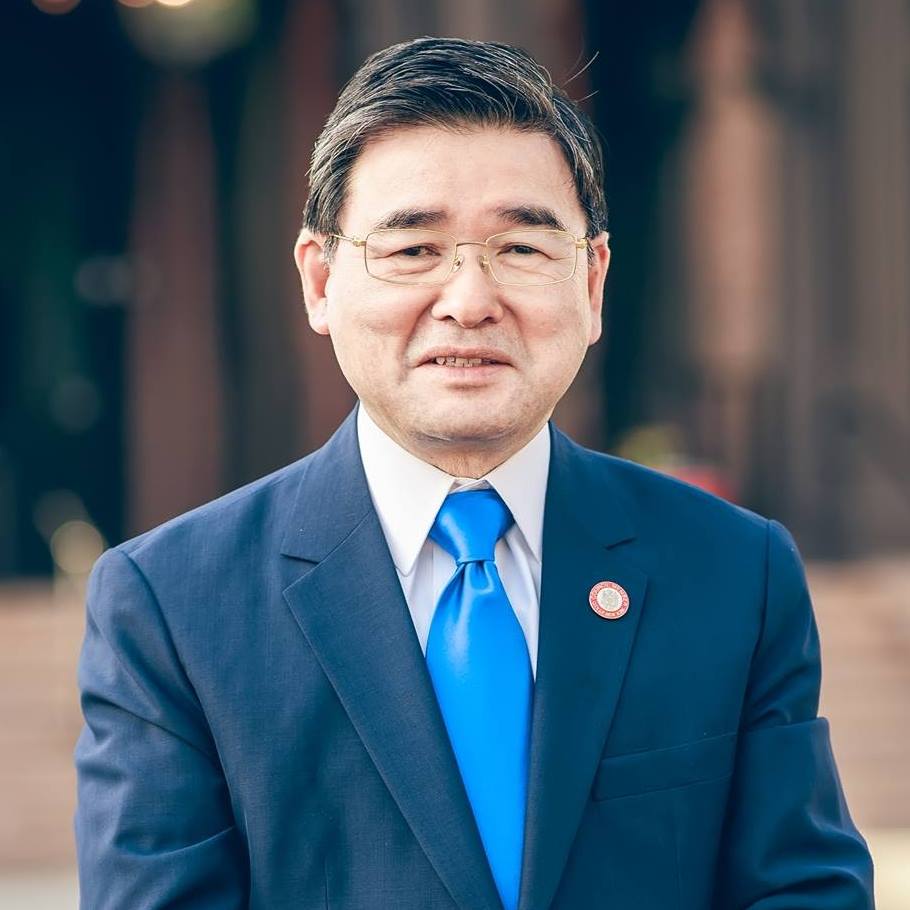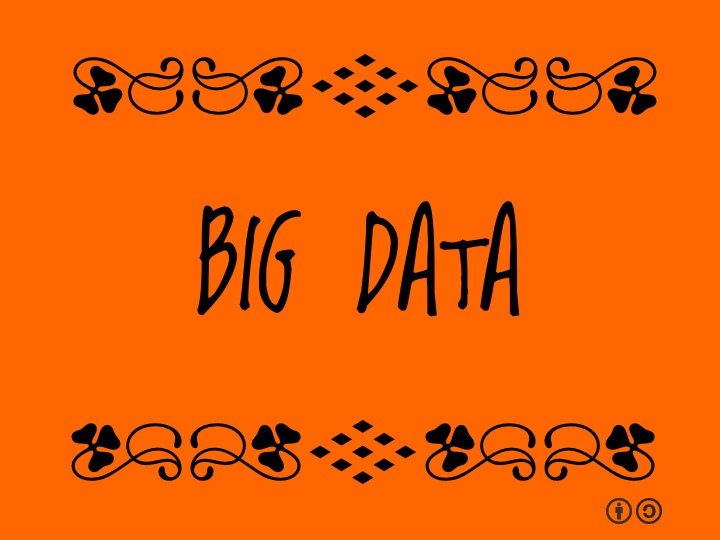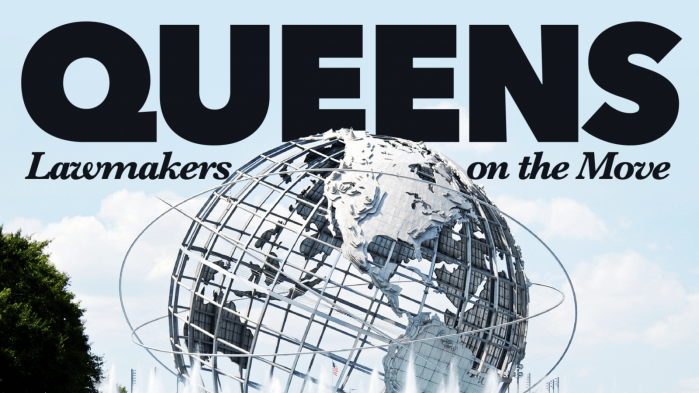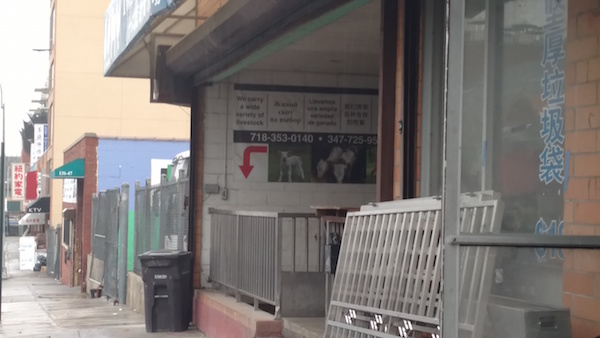City Council Member Adrienne Adams (D-Jamaica, Richmond Hill, Rochdale Village, South Ozone Park) last week saw her bill, 1137-A, as part of a larger package of legislation codify the Mayor’s Office of Data Analytics (MODA) whereby it establishes seven charter mandates, reflecting the office’s responsibilities for data analytics and data sharing.
Originally founded by Executive Order in 2013, MODA’s codification in the City Charter will ensure continued future support for City agencies to make better use of their data.

“The codification of MODA under my bill, Introduction 1137-A, is vital for the City of New York,” said Adams. “MODA is New York City’s civic intelligence center, allowing the City to aggregate and analyze data from across City agencies to more effectively address public safety, quality of life issues, deliver services more efficiently and increase transparency throughout the systems. I am proud that we have ensured the survival of MODA for successive mayoral administrations.”
Part of the Mayor’s Office of Operations, MODA helps agencies apply strategic analytical thinking to data to deliver City services more equitably and effectively, and to increase transparency.
MODA closely partners with the Department of Information Technology and Telecommunications (DoITT) to manage the City’s Open Data program, which contains more than 2,000 publicly available datasets and has more than 30,000 weekly users. The office also works to achieve Open Data for All, Mayor Bill de Blasio’s vision to increase New Yorkers’ engagement with City data.
The codification formalizes MODA’s relationship with DoITT, the Mayor’s Office of Operations, the Mayor’s Office of Information Privacy, and the Mayor’s Office for Economic Opportunity in facilitating responsible data sharing between city agencies and advising on data integration strategy and use cases. New York City is a national leader in digital government and open government, and has been a first mover on open data, privacy protections, and oversight on automated decisions systems at the local level.

“The Mayor’s Office of Data Analytics has helped this administration make smarter, data-driven decisions while making information more accessible than ever,” said de Blasio. “Now, we will ensure that the effective, responsible use of data remains a fundamental part of how New York City operates.”
Local Law 222 (previously Introduction 1137-A) also requires MODA to develop and implement an open data public education strategy. Since announcing the administration’s commitment to Open Data for All in 2015, MODA has worked with the civic tech community to bring City data to all New Yorkers, not just the data-savvy.
In September, MODA and DoITT released NYC Data at Work, which detailed the City’s work to teach New Yorkers about the City through data through promotional campaigns and public events, and included over 200 unique commitments by agencies to engage their communities with open data.
Earlier this month, MODA launched a call for organizers for next year’s third annual Open Data Week, which is co-hosted by the NYC Open Data team and BetaNYC. Open Data Week 2018 brought together 1,800 New Yorkers to more than 30 events across New York City in celebration of NYC Open Data. Proposals for Open Data Week 2019, which will take place March 2-8, 2019, are due January 4. Past events have included panels, workshops, demos, art installations, and tours.
“Having reliable data is vital to offer and deliver more efficient services to New Yorkers. I’m glad the role of data analytics in our government is being recognized with MODA being codified into our City’s Charter. Public access to data ensures a more transparent government, and I look forward to the role MODA will play to reach a more equitable New York,” said Council Speaker Corey Johnson.

City Council Member Peter Koo (D-Bayside, College Point, Flushing, Flushing Meadows Corona Park, Fresh Meadows and Whitestone), Chair of the Committee on Technology, said that codifying the Mayor’s Office of Data Analytics into the Charter sends a strong message that New York City recognizes the importance of an open, safe and responsible online future.
“Thank you to MODA for its tremendous work on behalf of the City of New York, and I look forward to working together so that we may fully realize the potential of technology in the Big Apple,” said Koo.
Highlights of MODA’s analytics work in the de Blasio administration include:
- Universal Pre-Kindergarten rollout: In 2014, MODA partnered with the Pre-Kindergarten for All team to assist with analysis for enrollment, targeting outreach efforts using City and industry data. With MODA’s assistance, New York City was successful in launching the program. On November 12, 2014 the Mayor announced that the City had succeeded in enrolling a total of 53,230 pre-K students for the 2014-2015 school year.
- Protecting Affordable Apartments with Analytics: In 2015, MODA provided analytics support to the NYC Tenant Harassment Prevention Task Force, helping to prioritize where inspectors searched for landlords creating unsafe living conditions in order to remove tenants from rent-regulated units. In 2016, MODA partnered with the Commission on Human Rights to prioritize where “testers” search for landlords illegally discriminating against potential tenants using public assistance. Write-ups of these and other MODA data science projects, including data used and source code where applicable, are available on the MODA Project Library.
- Emergency Data Drills: After successfully assisting the City in identifying all cooling towers for inspection following a 2015 outbreak of Legionnaire Disease, MODA partnered in 2016 with New York City Emergency Management to run “Data Drills,” exercises modeled after operational drills and emergency table-tops to better prepare the City’s data and analytics personnel to share information during emergencies. The drills, organized as analytical “sprints” to test tools and processes, have been replicated in other New York City agencies and other cities.
- NYC Analytics Exchange (AnEx): In December 2017, MODA launched AnEx, a community of practice for data analytics. The 300+ member community has hosted five events on common City data systems and analytics projects, and has collaborated on shared issues facing data analysts across the City.
Learn more at www.nyc.gov/opendata.








